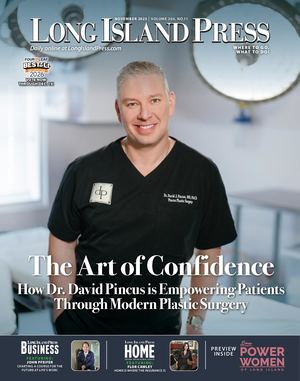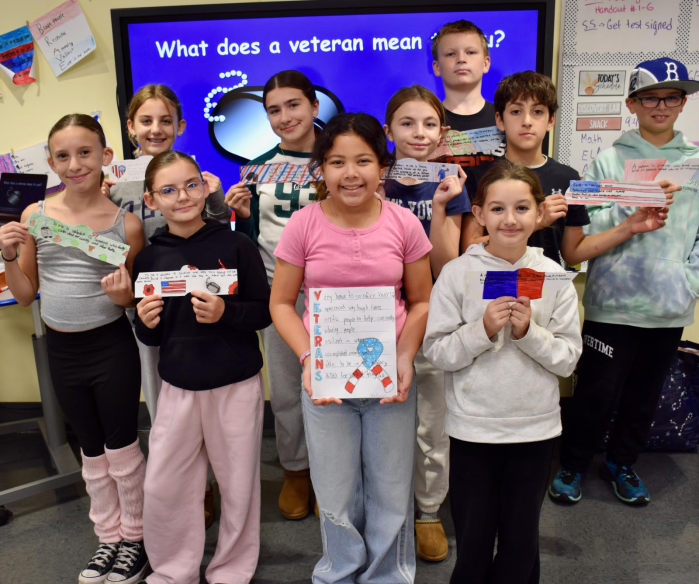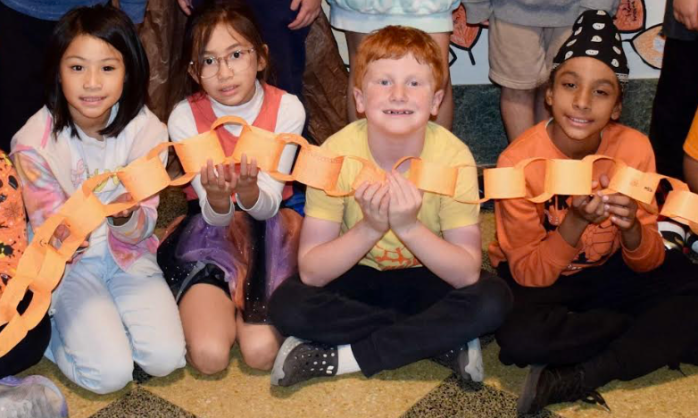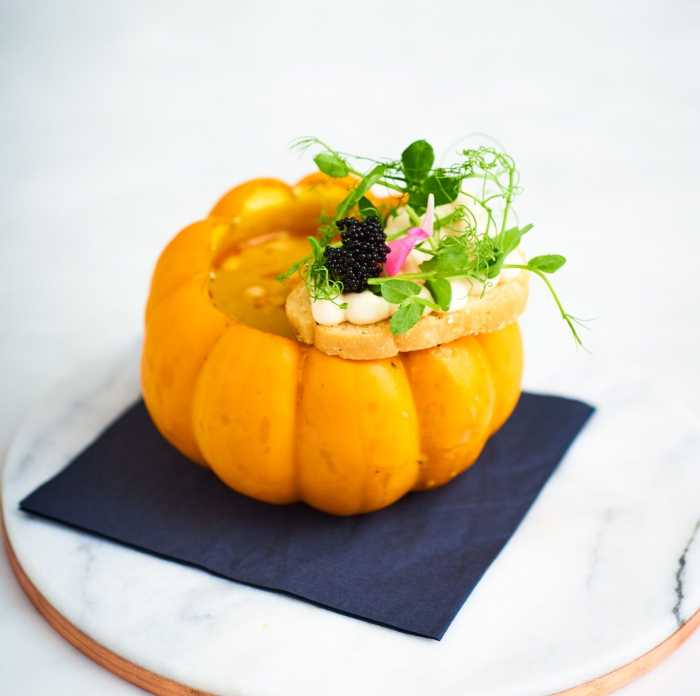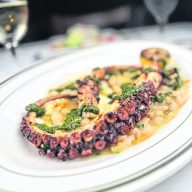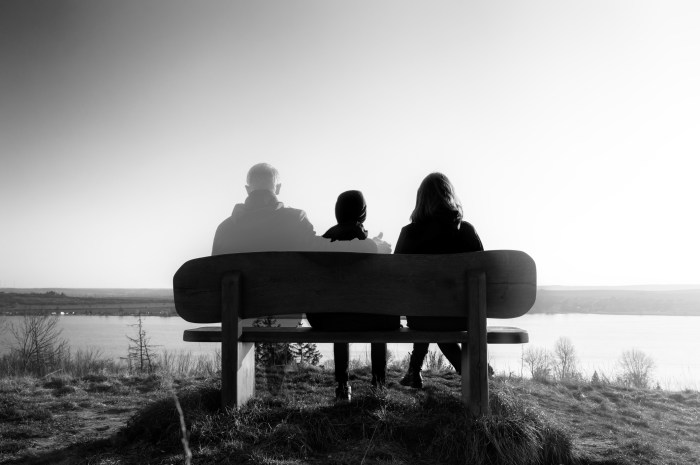A Medley of Christmas Memories
The editor of this newspaper had a request. Would I like to write about a holiday memory that is heartfelt, humorous or inspirational? No, not really. But, on the other hand, why not?
We all know memories of Christmases past can enrapture, but it’s not all about “sugarplums dancing in your head.” Childhood, as I reflect on it, was as much a place of terror as it was of innocence. Not that my childhood was spent as an apprentice in some blacking factory nor as an esurient urchin singing carols for alms on Christmas Eve, but I hardly found the first spring of life the lush Eden people make it out to be. This might have been because I was the oldest, precociously sensitive to the uncertainty of the world and genetically indisposed to embrace any Pollyanna-ish outlook that would assure smooth sailing over life’s rougher seas.
Moreover, the vineyards in which we till our youthful remembrances are not necessarily the vintage of wine others care to savor. Put another way, do readers really care what you did at Aunt Millie or Uncle Harry’s house during your molting years? Because childhood is so nostalgically impressionable, what you may find emotionally affecting, others find unmoving. Worse still, that empurpled sentimentality that inevitably colors our reminiscences may not touch the hearts of others as much as turn their stomachs. The one saving grace, and it’s a big one, is the common thread that seamlessly binds human hearts provoking laughter, empathy and sadness about things separate yet related to our own lives. With that hope, I transcribe this medley of memories with the expectation, possibly forlorn, that readers won’t find it to be the equivalent of “Chloroform in print” — as Mark Twain once said about some tedious publication.
Growing up there was, quite candidly, mixed feelings about Christmas. My father, hardworking but pathologically parsimonious, embraced the holiday spirit with something less than unalloyed joy. My mother, however, was born with a song in her heart and possessed that gift of gratitude that brightened our home by showcasing Christmas cards from friends and family, rejoicing in baking her scrumptious goodies from recipes handed down and taking charge of that timeless ritual of decorating the Christmas tree. Dressing the Evergreen was a very special event for my mother. As the youngest child, some of her happiest memories were accompanying her much beloved father to buy a tree and then together festively embellishing it. He was a kind and gentle soul who died rather suddenly when she was 18. Her grief was searing and ever since, adorning the Christmas tree became a love letter to her father — you could actually hear her whisper, as she tenderly placed each ornament on the green branches — “I love you Daddy — I love you Daddy.”
None of her sentiments, mind you, were morose but rather a tender expression of that overflowing gratitude to God for those special times she shared with her father. The other memory that touched me and still does is the innocence of the season, especially as seen through the wide, credulous eyes of a child. I was what you would call a true believer. The beauty of children is in their innocence; a state that cannot be separated from childhood without utterly destroying it. I especially cherish my holiday remembrances on Christmas day, which we would always spend with my mother’s family. A good thing too, because visiting my father’s family felt like being in a noir B movie. It was best to visit them on more somber occasions, like Good Friday where you could sit quietly and await the unfolding of the day in morbid expectation. Seeing their stern, unsmiling faces at the dinner table you could not help but recall Hugh Kingsmill’s maxim, “That friends are God’s apology for relatives.”
Not that they were bad people; not at all, they were good family people, just rather humorless and austere. Some of this no doubt had to do with their experiences in Southern Italy, where their hometown was one of the focal points of the Allied invasion during WWII. The Nazis dug in and fought well after the Italian army had surrendered. Just as my paternal grandfather and his oldest son left for America to pave the way for the rest of the family, hostilities broke out with a vengeance. The family was separated for seven years, leaving my grandmother to raise five children during wartime. With food scarce and the German army nestled in and around the area, their hometown became a target for bombing raids. We worry here about the threat of the Third Track, but what if Floral Park was being regularly bombed by enemy aircraft?
But on the distaff side all was light and fun. My mother’s family had music in their blood and were all blessed with wonderful singing voices, though none came close to matching the operatic power of my aunt, Anna. As a child she brought the house down in the school auditorium and at least one professional in the music world begged my grandfather to let him take her to be taught by the great voice teachers in Europe. But gramps didn’t want that kind of life for his daughter and so, as it turned out, we were the main beneficiaries of those magnificent vocal chords. I’m a classical music buff and there is no question that her soprano voice was world class. But life is cruel and the dreaded disease scleroderma would ultimately rob her of her golden voice (a calamity equivalent in our minds to Beethoven losing his hearing) and then claiming her life at the pitiful young age of 55.
Fortunately, tucked away in the attic I found a reel-to-reel tape dated from the early 1950s that preserved her voice and those of her siblings. The tape was so fragile I dared not play it, and took it to a sound engineer in Manhattan who transferred it to a CD. I surprised my mother with it on Christmas Eve and sure enough, like ghosts of Christmas past, came the voices of her family, singing of course, funneled through the long vacuum of time. We’re so wed to modern technology that we forget it was uncommon for the average family in 1950 to capture and preserve the sounds and images of life. It was the first time I heard my grandfather’s voice —- again singing. My mother was deeply touched, with her parents and siblings all gone, she wept unabashedly through the whole thing.
As word of this tape circulated among my cousins I got word that my Uncle Mike, married to one of my mother’s sisters, had a trove of these reels. I decided to make a pilgrimage to my birthplace, Brooklyn, where my uncle, now a widower and in his 80s still lived. I intended to rescue these family keepsakes from oblivion and at my own expense by putting them on CDs.
I felt a kind of thrill about this self-appointed rescue mission and explained my intentions to my uncle. ‘Yes,’ he confirmed, decades ago he had recorded the family on those reels. But, he said dryly, “they’re not on there anymore.”
“You mean, Uncle Mike, you erased some of it by accident” (hoping it was a Rosemary Woods-Watergate thing where only 17 minutes was deleted)?
“No,” he said, “I played over it.”
“You — recorded — over — it?”
“That’s right,” he said tautly.
“You mean everything?”
“That’s right.”
“On purpose?”
“That’s right.”
This thunderbolt couldn’t have struck me harder than if I was an art connoisseur and he told me he just walked into the Louvre and shredded the Mona Lisa with his pocketknife.
“Yes,” I pleaded, “but what about Grandpa and Grandma, my uncles and aunts, and my mother for God’s sake?”
“I didn’t want to hear those people singing,” he grunted, — “I wanted to listen to the stars like Sinatra.”
“My God,” I muttered, all those hours of memories gone.” He stared at me unsympathetically, “Well, what do you expect —- you think I want to spend my dotage listening to my in-laws warbling all day?”
Well, it’s like my wife says, ‘nothing is forever.’ Here you’re worried how readers will embrace your personal memories and someone from your own family nonchalantly deep sixes an entire legacy.
